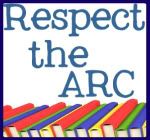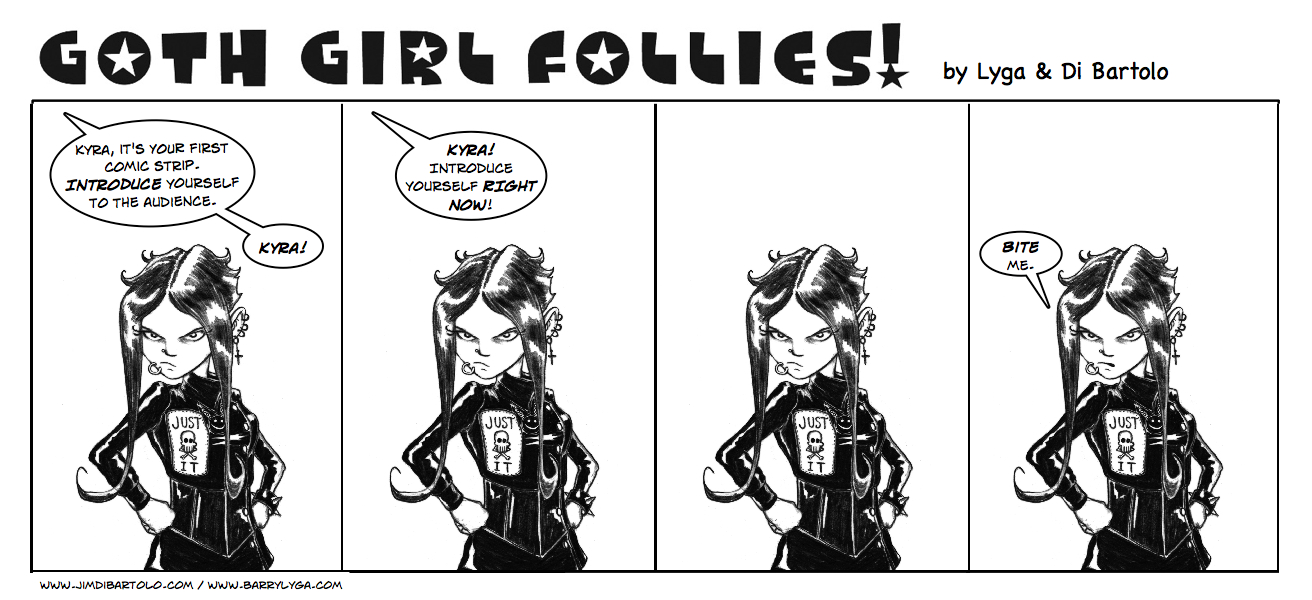On Tuesday, I attended a young adult panel presented by the NY chapter of SCBWI. The presenters consisted of two editors: Krista Marino, Senior Editor with Delacorte and Lexa Hillyer, Editor with Razorbill.
Ms. Marino addressed the issue of voice. The authorial voice is the author's fingerprint. It follows them from book to book. If you read a Stephen King book or a Meg Cabot book, you will find a commonality of tone that is evident in all their writing.
The narrative voice is the voice of your protagonist or main character (MC). Ms. Merino stressed a key point to remember. Young adult fiction is specific in the world of voice. Just being about a teenager does not make a book a Young Adult book. YA is a teen experience-it's a teenager's outlook on the world which in many ways is defined by their limited life experiences. As all of us who are beyond the teenage years know, the judgments we make, our likes and dislikes as well as our beliefs, often change dramatically as we move beyond adolescence. It is grasping this concept that will make a writer's YA novel believable.
Ms. Hillyer offered tips to make your manuscript more salable. Writer's have their preferred way of beginning their novels. Ms. Hillyer advocated for the outline method. Not necessarily rigidly so, but utilizing one to some degree. She believes it helps you organize the book and keep tabs on how purposefully you are using the elements of structure.
You have to establish the goals of your characters. What are their wants, needs and objectives? What are the stakes? The stakes have to get successively higher. This being the case, consider where you put your dramatic events. If you write a major drama early on, you may have nowhere else to go for the rest of the story. The reader is going to put the book down. Establish a hierarchy of what's important. Don't make all important events equal. There has to be a crescendo. Everything should happen for a reason or the reader is going to say "Huh?!?"
Make character's realistic, but don't be too bound to reality. For example, if a teen experiences a death, in the real world they may grieve for months. In a novel, you can't make the process last that long. It's okay to make a jump in time to enable you to move on to the other elements of the story.
Have good chapter outs, meaning try to end your chapters on a memorable image. Leave the reader anticipating what's to come. Write complex characters. Make sure your story has subplots. The mark of a skilled writer is the ability to have a number of elements happening in the story in addition to the main one and then bringing all those elements together at the end. This gives the reader a sense of satisfaction. They'll know they can trust you with their reading experience.
As this post draws to a close, let me leave you with another example of how subjective this publishing/writing/literary business is. Ms. Merino of Delacorte said she had the opportunity to bid for a chance to acquire the novel Beautiful Creatures. She declined to do so because she didn't like the voice of the protagonist. It's a boy and she felt he sounded too girly and weak. Judging by the sales figures and the acceleration up the ranks that this book is experiencing, a lot of readers disagree. Once again, it goes to show you how you have to query enough agents/editors so that you'll find the one that resonates with your story. Happy writing!
Toodles!
Sunday, December 13, 2009
Subscribe to:
Post Comments (Atom)

















No comments:
Post a Comment
I enjoy reading what you have to say. Seriously!